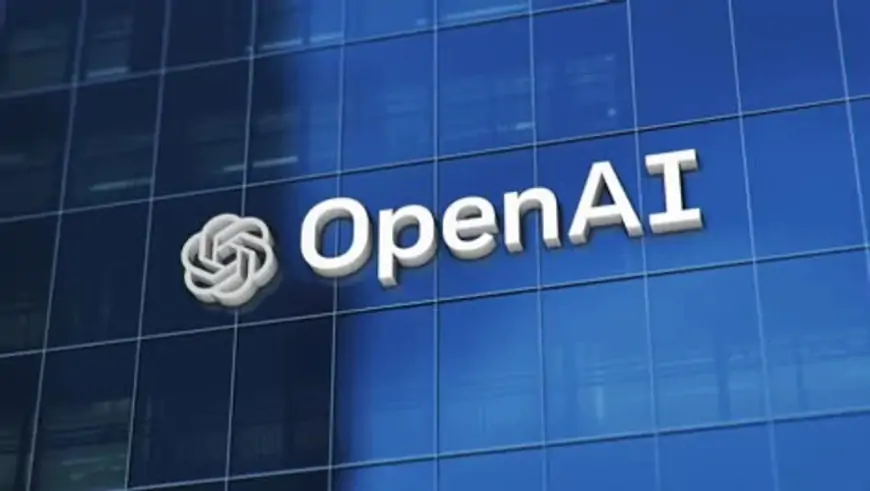OpenAI's CriticGPT detects errors in GPT-4 code output
Discover how CriticGPT assists human trainers by detecting errors in AI-generated code, uncovering overlooked mistakes in ChatGPT training data.

OpenAI has unveiled CriticGPT, a model designed to aid human trainers in reviewing coding outputs from GPT-4. In their paper titled "LLM Critics Help Catch LLM Bugs," OpenAI researchers detail how CriticGPT was trained using Reinforcement Learning from Human Feedback (RLHF), akin to ChatGPT. Trainers teach the model using code samples deliberately containing bugs, enabling it to identify and critique coding errors across various contexts. This tool is expected to be highly beneficial for trainers who may overlook programming mistakes made by large language models (LLMs). During testing, CriticGPT demonstrated its ability to detect both intentionally inserted and naturally occurring errors in ChatGPT's coding outputs. Researchers found that in 63% of cases involving naturally occurring bugs, trainers preferred CriticGPT's comprehensive critiques over human-generated ones, noting fewer hallucinated issues and a reduction in unhelpful feedback. The paper also introduces Force Sampling Beam Search (FSBS), a technique that enhances CriticGPT's ability to generate detailed code reviews based on specific AI training tasks, allowing trainers to adjust error detection and thoroughness as needed.
CriticGPT aids human trainers in detecting errors
CriticGPT proves valuable beyond error detection in AI-generated code, uncovering mistakes overlooked by human annotators in ChatGPT training data. Researchers report the model identified errors in 24% of previously deemed error-free data.
However, CriticGPT has limitations, particularly in handling highly complex tasks due to its training on concise ChatGPT responses. Future versions aim to improve capabilities. While hallucinations are infrequent, they remain possible and could potentially mislead human annotators.












































